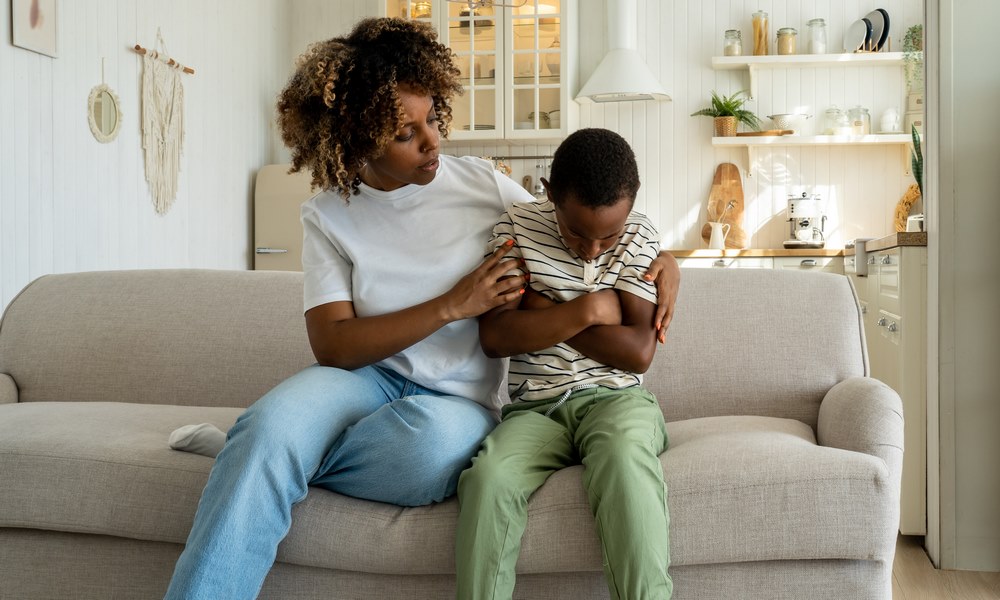How Do I Communicate With My Child Who Has Been Sexually Abused in Kenya
Discovering that your child has been sexually abused is devastating, and knowing how to communicate with them is crucial for their healing process. In Kenya, where stigma and fear may prevent open discussions, providing a safe space for your child to express themselves is vital. Here’s how you can effectively communicate with and support your child while seeking the necessary help.
Create a Safe and Supportive Environment
Ensure your child knows they are loved, believed, and supported. Reassure them that what happened is not their fault and that they are safe with you.
Listen Without Judgment
Allow your child to talk at their own pace. Use phrases like:
-
"I believe you."
-
"You are brave for telling me."
-
"I am here to protect and support you."
Avoid blaming or pressuring them to speak if they are not ready.
Use Age-Appropriate Language
Use simple and clear language to help your child understand what has happened and that they are not alone. Avoid harsh words that may instill fear or confusion.
Stay Calm and Composed
Your reaction matters. Even though it is natural to feel anger or sadness, try to remain calm so your child does not feel responsible for your emotions.
Seek Professional Counseling
Children process trauma differently, and professional counseling is essential. Seek therapists or child psychologists experienced in handling sexual abuse survivors.
Encourage Open Communication
Let your child know they can talk to you anytime without fear. Assure them that they will be protected from further harm.
Avoid Pressuring for Details
While you need to know what happened for legal and medical support, avoid pushing for too many details, as it may retraumatize the child.

